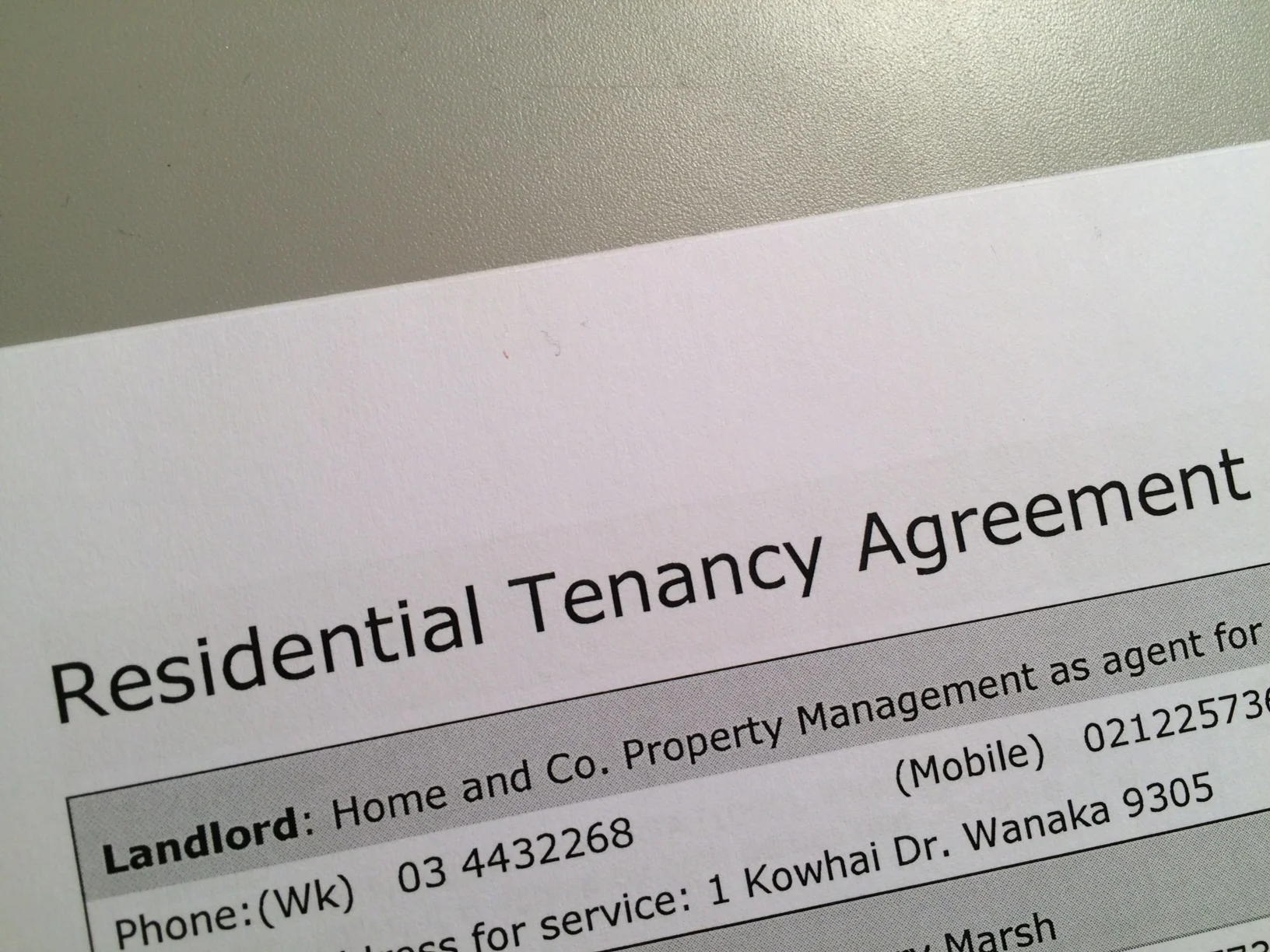Shortage of long term rental properties
Why You Should Check Your Gutters
Is Supply exceeding Demand?
How To Save Money By Reviewing Repairs
3 Reasons Long Term Rentals Beat AirBNB
So you have been debating if you should go long term rentals or short term holiday letting? We have some compelling reasons why you would choose the former.
The lack of long term houses for tenants is a hot political topic. In a bid to address this, QLDC is looking at changing legislation to prevent property owners renting short term. Even if this does not go ahead (and it looks like it will), future similar legislation could result in the same thing - a sudden increase in the supply of rental homes. As the owner of an investment property you should want to be positioning yourself in the market before short term properties potentially flood the market and impact rents. It is happening in Taupo. Read more ...
I have seen many property owners switch from short term rents to long term because of the erratic cash flow that accompanies holiday letting. It is either feast or famine. Great if your house was booked for Challenge Wanaka, A&P Show weekend and Warbirds but what of the in-between times? Long term rentals translate to an even cash flow.
Thirdly, if you rent short term, do you know who made the booking? Is it really for Mrs X from Ponsonby or is it for her school leaving son and his delightful friends? There is a lack of scrutiny of guests on many booking sites.
Who is Responsible for Smoke Alarms in Rental Properties?
Should You Test Your Rental Property for Meth?
How Do We Choose the Right Tenants for our Wanaka Rentals?
Air BnB or a Wanaka Property Manager?
Choosing a Wanaka Property Management Team
Facts About Wanaka Rental Accommodation
Breaking a Fixed Term Tenancy
Preparing Your House for Rent
Keeping Good Tenants
Wanaka Rental Market - August 2016
Unlawful Acts - What Landlords Should Know
Being a landlord isn't a simple process of finding a tenant and then sitting back and collecting the rent. More and more changes are taking place in the Residential Tenancies Act and as a landlord you need to keep abreast of these. Two recent changes are listed below.
S13a (Contents of Tenancy Agreement) . Failure to comply with this section is an unlawful act and could result in exemplary damages of up to $500. New changes state that the tenancy agreement must include the landlord's mobile number and email address and also the tenant's mobile number and email address. New agreements must also have a statement whether or not there is insulation in the property and also its location, type and condition.
S45 (Landlord Responsibilities). Landlords must comply with all regulations in regard to smoke alarms and insulation as per S138a and S138b. Failure to comply with this section in an unlawful act and carries a maximum exemplary damages fine of $4000.
There are many more unlawful acts. For more information consult your legal advisor and Residential Tenancies Act 1986
Smoke Alarms - New Law from 1 July 2016
By 1 July 2016 every residential rental property must have working smoke alarms.
The landlord is responsible for installing the alarm and making sure it is working at the start of the tenancy. Tenants are responsible for replacing batteries and letting landlords know if there are any defects with the alarm.
Any new alarms or replacement alarms must have long life batteries and must be the photoelectric type or hard-wired.
Landlords must comply with the regulations relating to smoke alarms as stated in the Residential Tenancies Act S138a. Failure to do this is an unlawful act with potential exemplary damages of $4000.
For more information - MBIE website
Insulation - New Law from 1 July 2016
Every new tenancy agreement from 1 July 2016 needs to include a statement by the landlord detailing the location, type and condition of insulation installed in ceilings, under floor and in walls.
What if you don't know this information? It is not good enough to have a statement saying "Unknown". Landlords will need to explain why they have been unable to obtain the information and need to show that they have taken all reasonable steps to obtain the information.
In an increasingly litigious world, we recommend a professional assessment as the basis for providing the statement on the tenancy agreement.
Section 13a of the Residential Tenancies Act details what needs to be included in a tenancy agreement. Failure to comply with this section is an unlawful act and carries a maximum exemplary fine of $500.
From 1 July 2019, all rental homes will need to have insulation fitted in ceilings and underfloor in compliance with minimum standards.
For more information - Tenancy Services Website

















